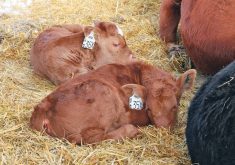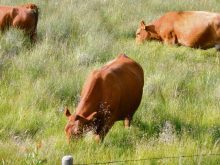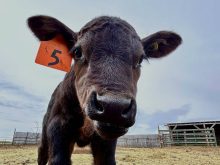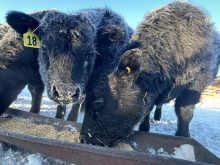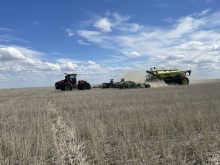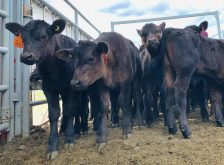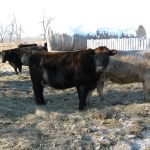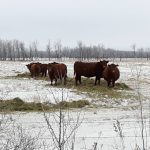Glacier FarmMedia – Canada’s draft policy that would provide financial incentives to livestock producers to reduce methane from cattle aligns with the beef sector’s target to see those emissions reduced by one-third by 2030.
The beef industry will have to see how well federal government proposals merge with its own efforts, which have already resulted in Canadian beef producing half the emissions compared to other major beef-producing countries.
The cattle sector is under government and consumer pressure to reduce methane emissions.
Read Also
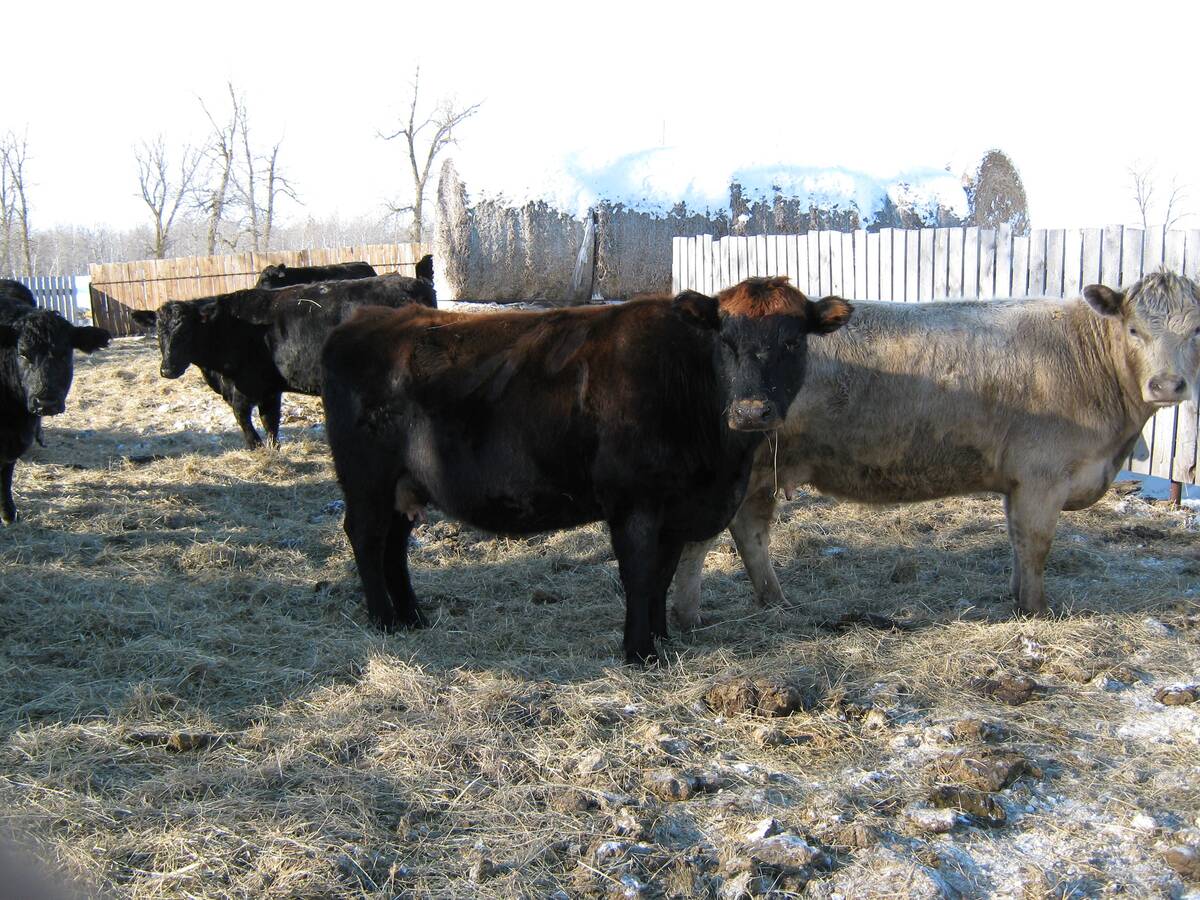
Don’t let winter deplete your cows vital vitamin A reserves
Boost your calving season success: prevent weak calves and maintain gestating cow health by fortifying winter beef diets with vitamin A.
Dennis Laycraft, Canadian Cattle Association executive vice-president, said the group will learn more about the draft federal policy once consultations begin in mid-January.
“At this stage, there has been very little consultation on what was announced, so we’re waiting,” he said.
“Direct incentives are generally your most efficient way to bring about positive change but it’s unclear to us what is actually going to be proposed.”
The CCA has been working with the Canadian Roundtable for Sustainable Beef to develop protocols that are practical to implement.
Current options for producers to access carbon credits often see private companies do the heavy lifting when it comes to calculating emission efficiencies on operations, which then take a hefty chunk of the payout.
“We want to make sure if something is going to help us accelerate our efforts, that it really has to flow back efficiently to cattle producers for it to work,” said Laycraft.
He added that the CCA expects to release a progress report on the sector’s efforts to reduce methane emissions this year. The strategy was launched in 2017.
“Every tool, including incentives, will (be) helpful in achieving that (30 percent by 2030) goal,” said Laycraft.
Research is being conducted into cattle genetics to find ways to reduce methane emissions, and there are feed additives up for regulatory approval, specifically, 3-Nitrooxypropanol (3-NOP).
The regulatory process for 3-NOP is notable, said Laycraft, as it marks one of the first times approval has been sought for an additive for environmental purposes.
“We’re pleased with the effort going into that. We’re optimistic it will be available soon,” he said, adding other global players in the beef sector will be watching Canada’s lead.
– Alex McCuaig is a reporter for The Western Producer.



